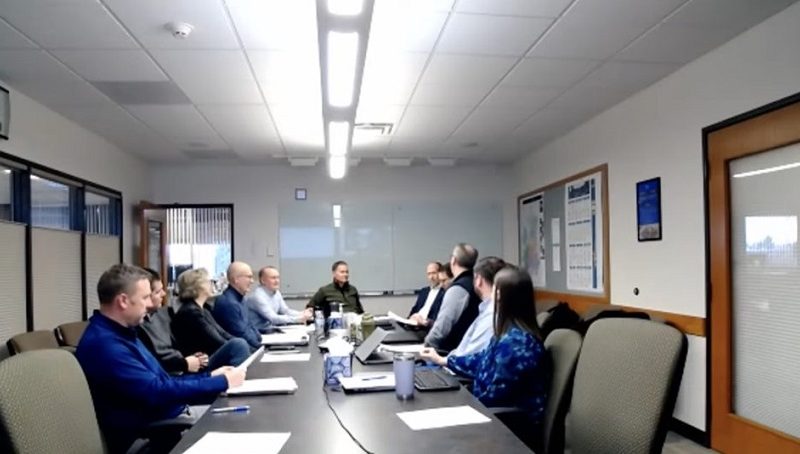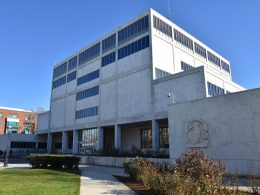Salem, OR – A recently-formed city efficiency committee, made up of financial experts, delivered a crucial report Friday, concluding that the city’s ongoing budgetary struggles cannot be solved by simply cutting costs. While the committee acknowledged the importance of eliminating waste and improving operational efficiency, its findings pointed to deeper, structural issues that extend beyond the city’s control.
In a detailed analysis of the budget, the committee emphasized that the deficit is primarily driven by long-standing structural challenges, including insufficient revenue streams and rising expenses in areas such as healthcare and public safety. These factors, they argued, are largely dictated by external forces, including state and federal policies, as well as economic trends outside the city’s ability to influence.
Despite efforts to tighten the belt, the committee expressed concern that focusing exclusively on cutting costs would not adequately address these systemic problems. Instead, members recommended a more comprehensive approach that includes exploring new revenue sources and advocating for policy changes at higher levels of government.
“We need to shift the focus from merely trimming the fat to rethinking the underlying framework that’s putting a strain on our finances,” said one committee member, who spoke on the condition of anonymity. “Without addressing the root causes, we risk jeopardizing the quality of services and the well-being of the residents we serve.”
The committee’s findings have already sparked debate among city leaders. Some officials argue that cost-cutting measures, though not a complete solution, remain necessary in the short term to prevent further financial instability. Others, however, are calling for bolder reforms to the city’s revenue model.
As discussions continue, it remains to be seen whether the city will adopt the committee’s more nuanced approach or continue to prioritize immediate cost reductions. What is clear, however, is that the current fiscal situation requires a reevaluation of the city’s financial strategies if long-term stability is to be achieved.











